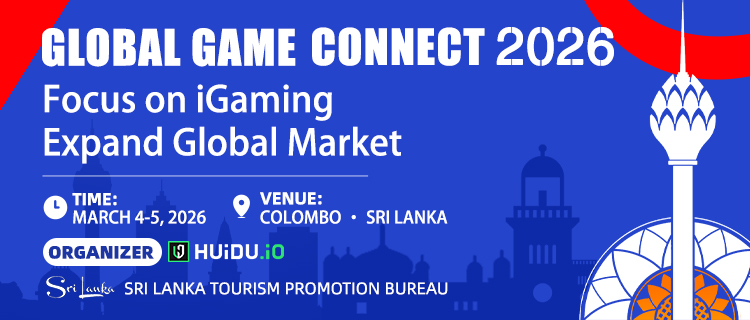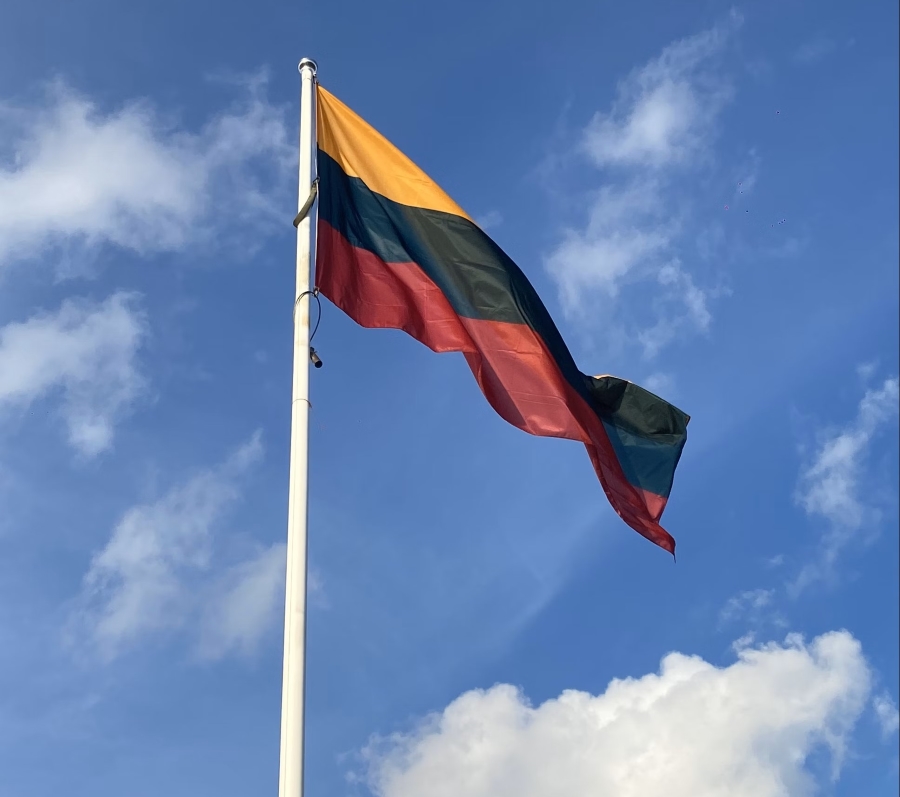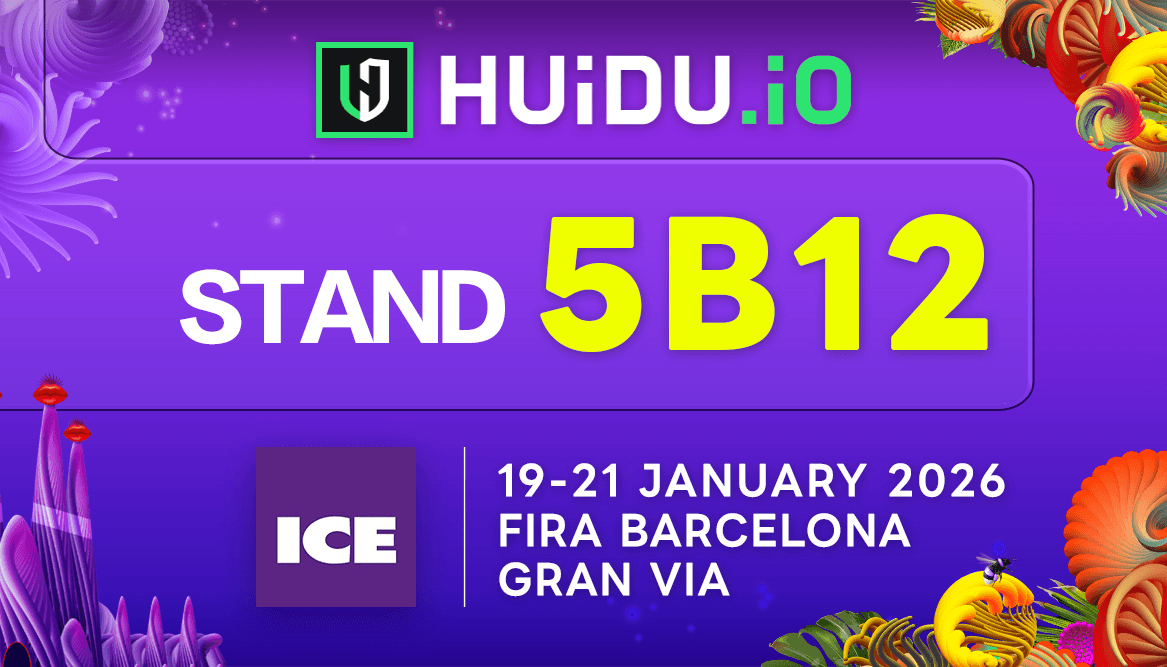Acting in his concurrent role as Minister of the Interior, Anutin signed Interior Ministry Order No. 2253/2568 earlier this week, reimposing the nationwide prohibition on poker games with immediate effect.
The directive nullifies an earlier order issued on July 30th by former interior minister Phumtham Wechayachai under the Pheu Thai-led administration, which had legalized poker under controlled sporting conditions for the first time in almost 70 years.
According to the Department of Provincial Administration, the reinstated ban aligns with the new government’s policy agenda announced on September 29th, which explicitly prioritizes the suppression of all forms of gambling, including those presented as games of skill or sports-based activities.
“Poker games are also considered a form of gambling, despite being promoted as a sport,” Anutin stated in the order, reaffirming his administration’s zero-tolerance approach to gambling.
The directive further confirms that the government will not support any initiatives involving legal gambling businesses, including proposals for casino entertainment complexes or related ventures advanced under the previous administration. The order took immediate effect, halting all poker tournaments, events, and related promotional activities that had gained momentum following the temporary legalization earlier this year.
Phumtham’s earlier decision to lift the poker ban was seen as a symbolic shift in Thailand’s traditionally strict approach to gambling. The move, which came just days before a major poker event in Bangkok, aimed to position the country as a regional host for international poker tournaments. However, it drew political criticism from Bhumjaithai Party members, who questioned the timing and intent of the policy.
Following the July order, the Ministry of Tourism and Sports clarified that poker would only be recognized as a sport under oversight from an authorized national association. Then-Minister Sorawong Thienthong stressed that the decision “was not the legalization of gambling in general,” but a narrowly defined effort to separate poker from traditional betting activities.
Despite those assurances, the policy quickly became politically contentious. Members of the Bhumjaithai Party – which opposed broader gambling reforms such as casino legalization under the proposed Entertainment Complex Bill – argued that any loosening of restrictions risked undermining Thailand’s anti-gambling laws.
Anutin’s reversal is part of a broader rollback of the previous administration’s liberalization agenda. The Pheu Thai Party had earlier championed casino resort legalization as a means to attract investment and boost tourism revenue. That initiative stalled in mid-2025 after the Constitutional Court removed then-Prime Minister Paetongtarn Shinawatra in August, triggering a change in government.
Since taking office in September, Anutin has made clear his intention to tighten enforcement and curb both land-based and online gambling activity. His administration’s policy framework reiterates Thailand’s commitment to maintaining its longstanding gambling restrictions, which date back decades and apply to most betting forms except the state lottery and horse racing.



 2Days ago
2Days ago















